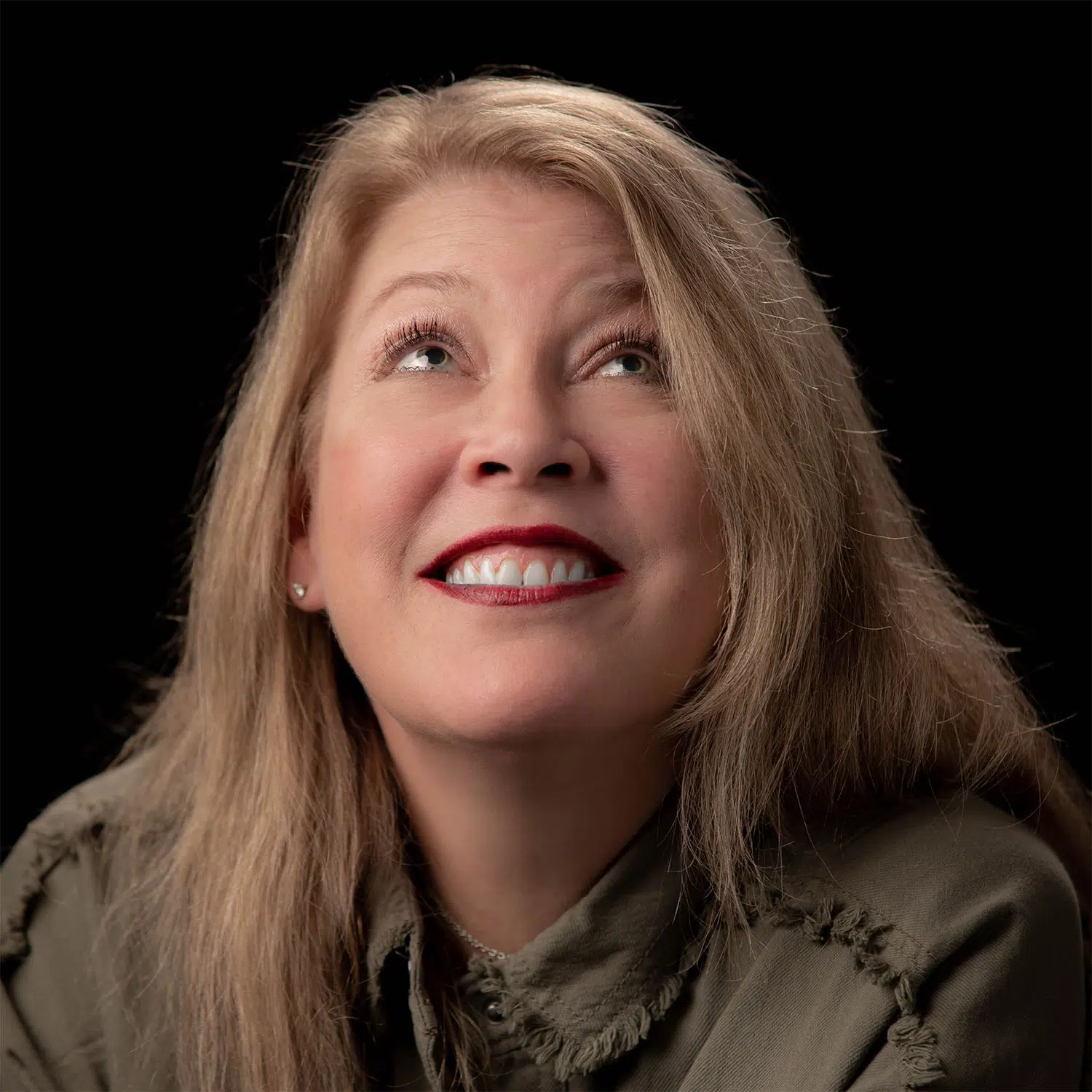By Brian Ellsworth and Vivian Sequera
CARACAS (Reuters) – Venezuelan politician Henry Gomez is running for parliament as part of an alliance that has promised to confront President Nicolas Maduro and the ruling Socialist Party, but he has an unusual profile for an opposition candidate.
Gomez in 2017 sought to be a member of the National Constituent Assembly, an all-powerful pro-government body that the opposition and most Western nations said was helping Maduro consolidate a dictatorship.
His Twitter handle includes the letters PSUV – the acronym of the Socialist Party – and his last tweet is a picture of late socialist leader Hugo Chavez and a message promising to “follow your legacy.”
Gomez is one of thousands of candidates confronting the Socialist Party on the ballot this weekend who opposition leaders accuse of being shadow allies of Maduro, helping to legitimize an election facing a broad boycott.
In a telephone interview, Gomez denied being in cahoots with the government, which he thinks has run the country badly. But he also disagrees with the mainstream opposition, which has failed after years of U.S.-backed efforts to oust Maduro.
“There are two radical positions, and in the middle there are a lot of people who aren’t on the left or on the right, they’re in the center,” said Gomez.
“I’m not an opposition radical.”
Asked about his promise to follow Chavez’s legacy, Gomez responded “I can’t deny that there was a moment in which Chavez’s discourse was historical.”
First Venezuela and Venezuela United, the two parties backing Gomez’s bid, did not respond to requests for comment. But Sunday’s election is expected to flip control of parliament, which the opposition won in a landslide election in 2015.
It is also expected to mark a moment when opposition leaders, who have for years represented seething outrage against the Socialist Party, are replaced by a cadre of politicians who offer far more cautious criticism of a government widely accused of undermining democracy.
Congressional actions have almost all been blocked by pro-government courts and by the National Constituent Assembly. But Sunday’s vote, if it hands parliament back to the Socialist Party, will strip the mainstream opposition of its leading platform for challenging Maduro’s legitimacy at home and abroad.
On the streets of Fila de Mariches, a winding stretch of poor neighborhoods in the mountains east of Caracas, many are so angry with deteriorating living conditions that they plan to vote for anyone who says they oppose Maduro.
“We’re going to vote, obviously against these scoundrels who have done nothing but condition us to misery,” said unemployed construction worker Eduard Romero, complaining of blackouts, water shortages and rising prices.
Like many Venezuelans, he acknowledged not knowing the names of the candidates on the ballot. He had not heard of Gomez and was unaware of the candidate’s historic links to the Socialist Party.
Candidates running for some of Venezuela’s newly-minted opposition parties tend to rely on a split-the-difference discourse that cautiously criticizes Maduro, while also blaming the country’s problems on opposition leader and current parliament chief Juan Guaido.
These parties have in some case adopted names and symbols that are easily confused for mainstream opposition parties.
First Venezuela uses the same black-and-yellow color scheme as First Justice – a mainstream opposition party that over a decade ago flipped places like Fila de Mariches away from the Socialist Party.
“This was a disgusting maneuver by the dictatorship that today continues to cause confusion,” said opposition legislator Maria Gabriela Hernandez.The opposition is urging a boycott of Sunday’s vote and promoting an independent consultation in which participants, including some 5 million Venezuelans who have emigrated, will be asked if they reject it as fraudulent.
Street level opposition activists have embraced the consultation as a way to maintain political momentum, but many on the streets of Filas de Mariche say they plan to cast ballots.
Retiree Eugenio Morales, 68, who has to walk over a mile (2 km) to a lagoon to collect potable water, railed about how his monthly pension doesn’t even buy a carton of eggs.
He was not convinced by the boycott.
“I have faith in God that we’ll win this,” said Morales, waiting in a line to buy a tank of propane cooking gas. “Here we suffer from everything.”
(Reporting by Brian Ellsworth and Vivian Sequera; Editing by Tom Brown)





